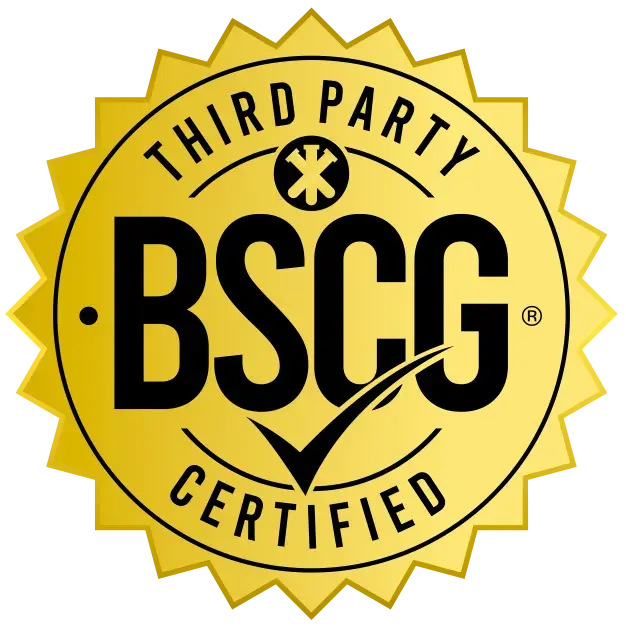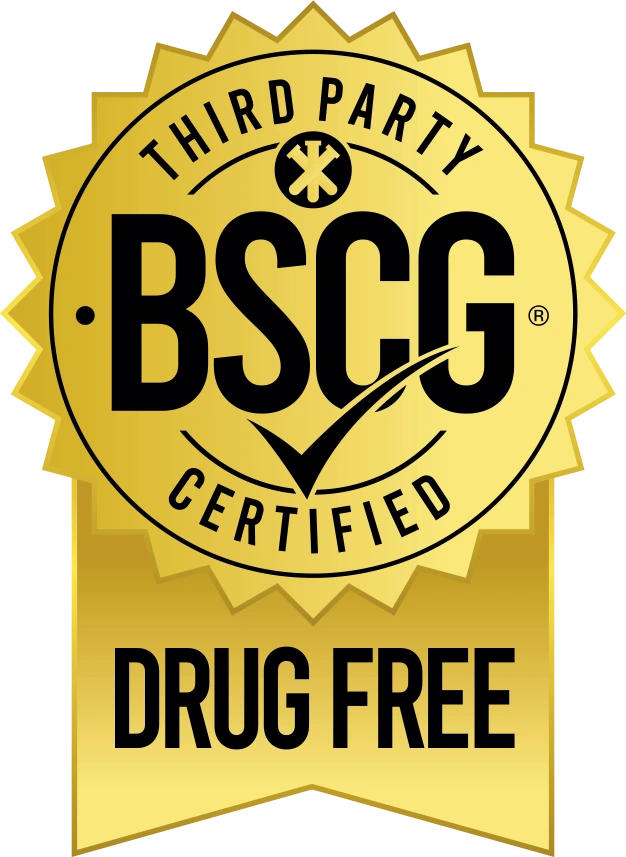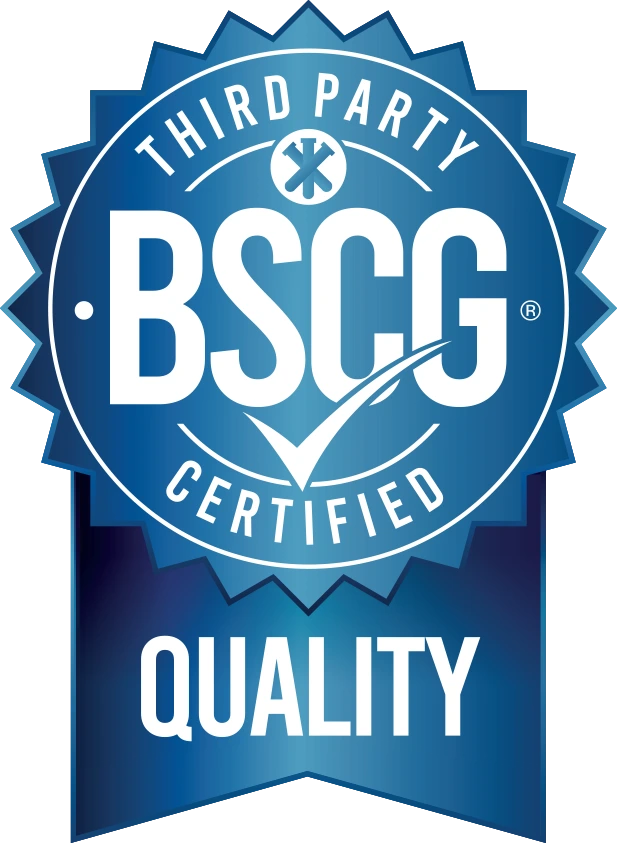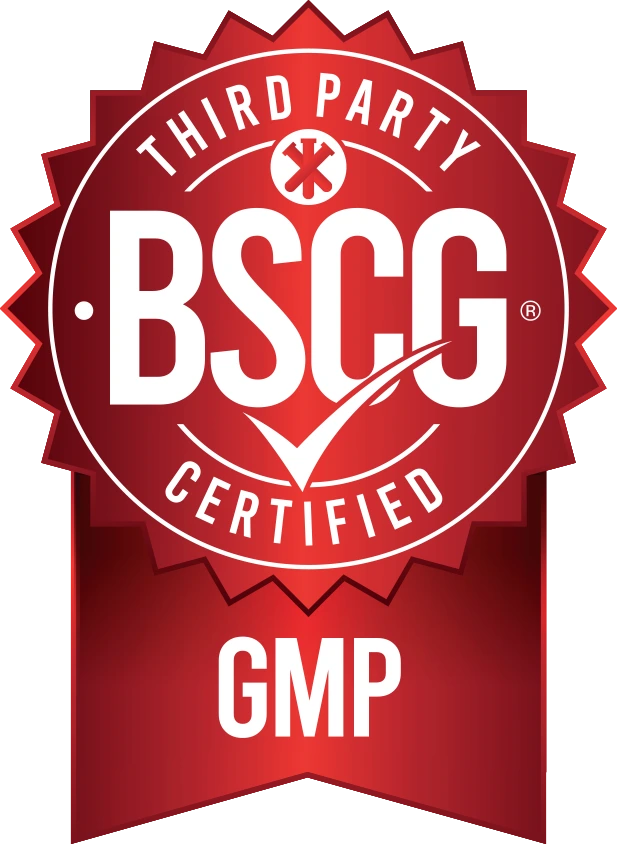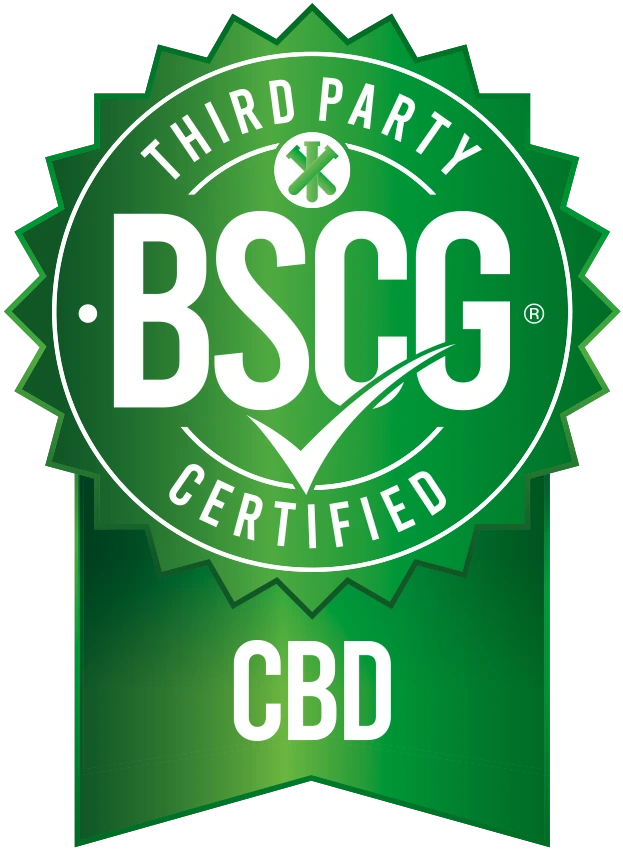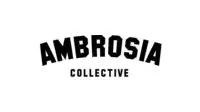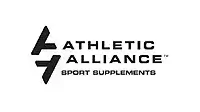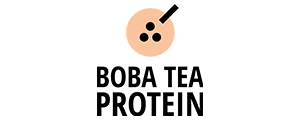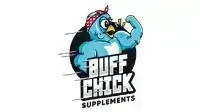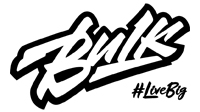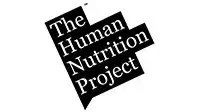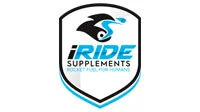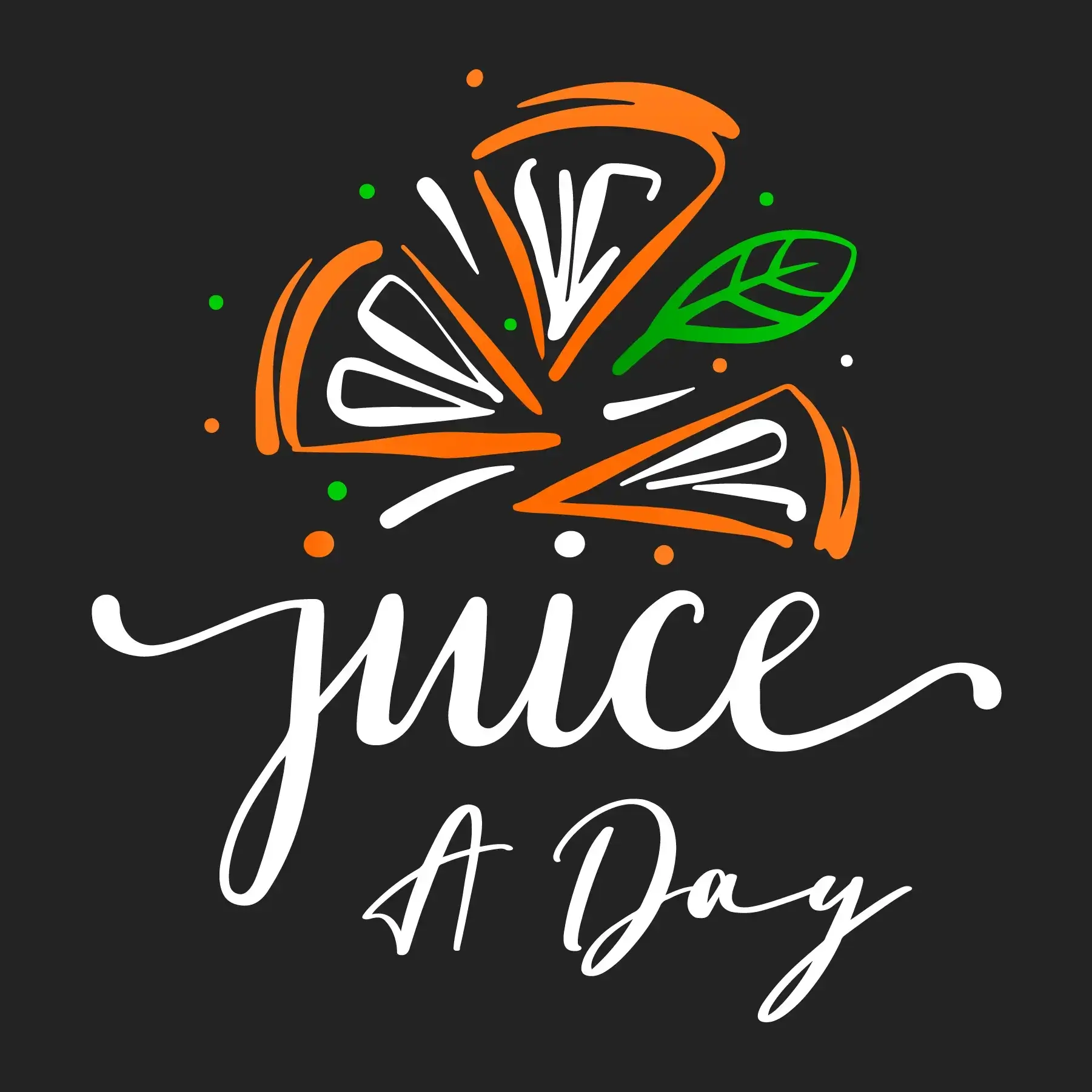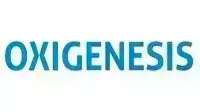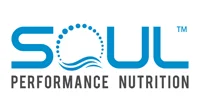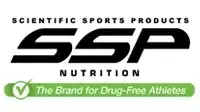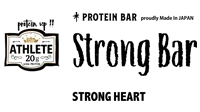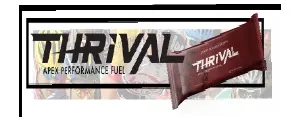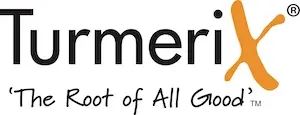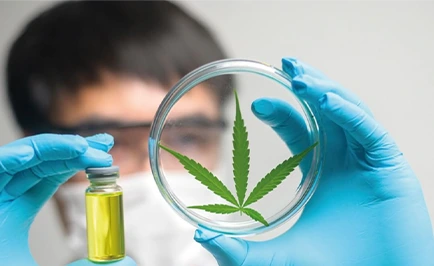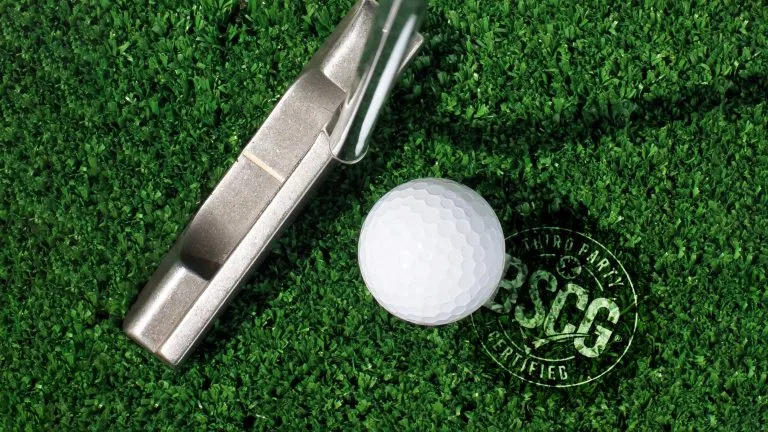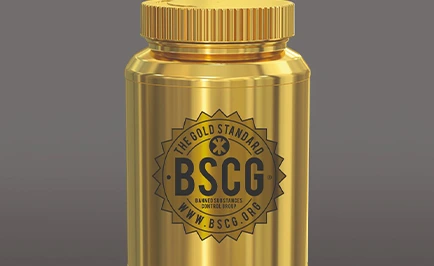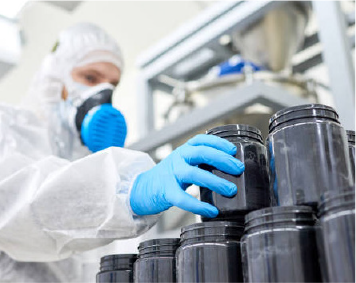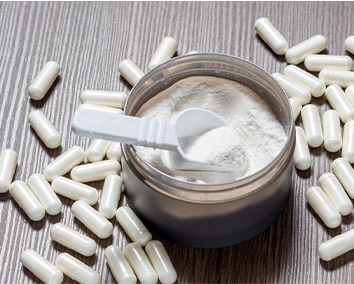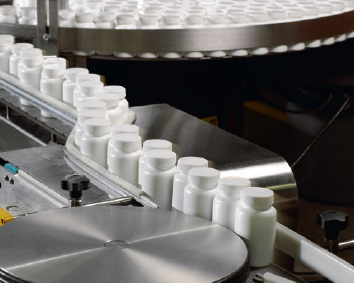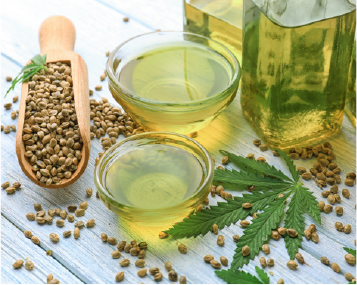BSCG CBD AND THCS PLACE IN SPORT AND DRUG TESTING Lesson 4
Apr 27, 2022
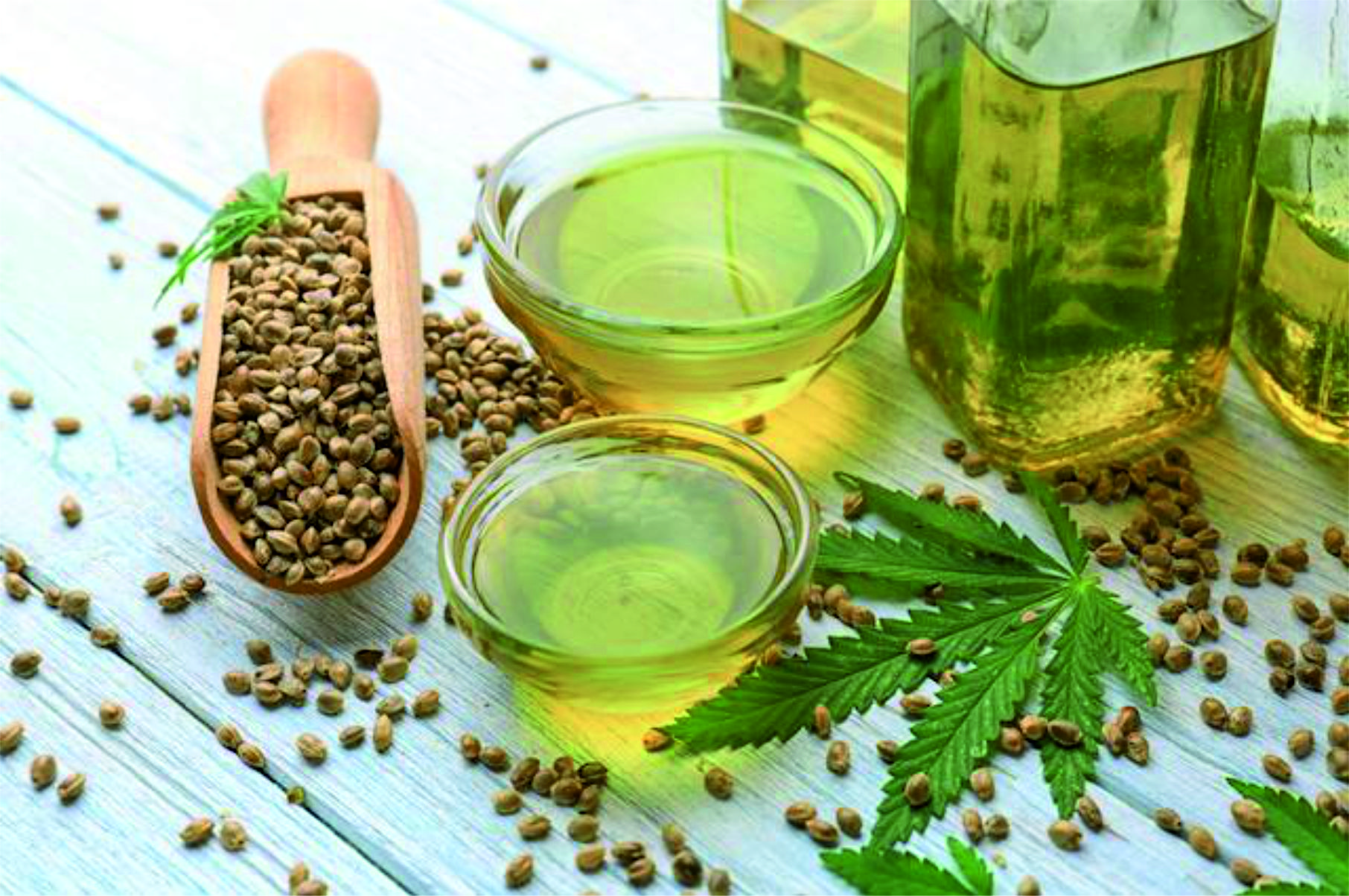
CBD AND THC’S
PLACE IN
SPORT AND DRUG TESTING

THE CANNABINOIDS IN CANNABIS IN
Things would be simple if marijuana only contained THC and hemp only contained CBD. That’s not the case. Cannabis is a complex plant. It contains more than 144 different cannabinoids that can change with heat, time, or pressure. Cannabis varieties have been bred for specific aims, with marijuana focused on the infamous THC and low in CBD. Hemp is high in nonpsychoactive CBD with trace amounts of THC. These are the most common cannabinoids, but others are becoming popular. Several like CBN (cannabinol), THCV (tetrahydrocannabivarin) and delta-8 THC have some psychoactive effects, while many other cannabinoids are generally considered non-psychoactive.
CANNABIS IN SPORT AND FEDERAL WORKPLACE DRUG TESTING
Cannabis has been prohibited in sport and federal workplaces for years. It’s worth scrutinizing the language and drug testing process to know whether CBD products may or may not be allowed. The focus of sport, military and workplace drug testing has been on the metabolites of THC. Historically, the scope of testing has not included CBD or any other phytocannabinoids naturally present in CBD products in small amounts. So, the key is to make sure you don’t ingest very much THC.
HOW CAN YOU PROTECT YOURSELF?
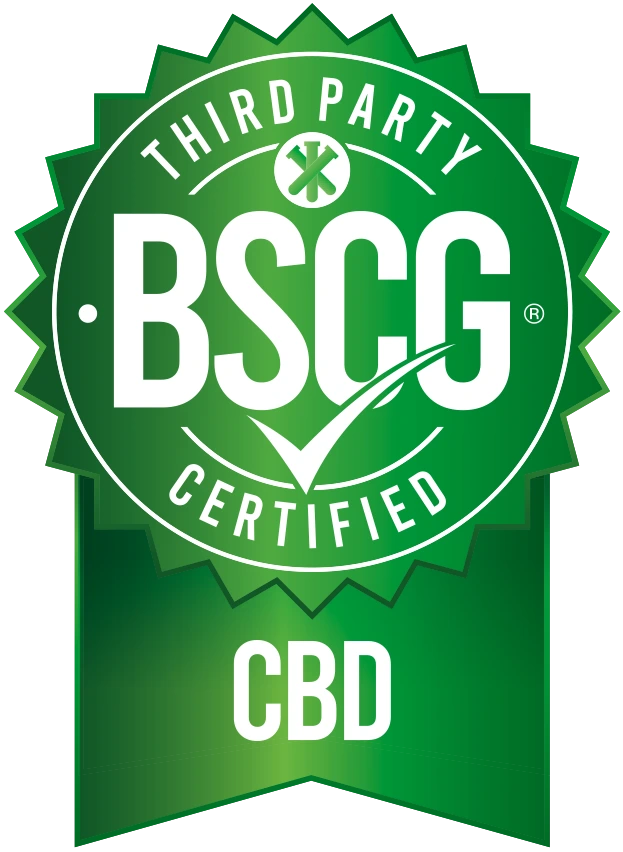 The key elements to consider in what kind of cannabis
products may or may not be acceptable are:
The key elements to consider in what kind of cannabis
products may or may not be acceptable are:1. Does the prohibited list language ban cannabinoids in general, or does it make an exception for CBD or other natural phytocannabinoids?
2. Is cannabis treated as a performance-enhancing substance with heavy sanctions, or is it treated as a drug of abuse with lighter sanctions or treatment?
3. What threshold level of THC metabolites or other cannabimimetics are considered a positive?
4. How does this work in the application of drug testing at the end of the day?
The answers to these questions have changed a lot recently, but here’s how to look at the areas that are relevant to your sport or workplace.
DEPARTMENT OF DEFENSE (DOD) AND FEDERAL WORKPLACE DRUG TESTING
The THC thresholds used for federal workplace drug testing and DOD purposes remain at 50 ng/ml for initial immunoassay-based testing with a 15 ng/ml threshold applied in mass spectrometry confirmation analysis. Positive drug tests are serious business and may result in termination. DOD currently prohibits hemp and CBD product use in any form.
WORLD ANTI-DOPING AGENCY (WADA)
Formed in 1999, WADA is known as the gold standard in sport drug testing. THC testing threshold is set to 150 ng/ml. In 2018, WADA excluded CBD from the Prohibited List, but that doesn’t exactly give the green light for CBD products in the Olympics.
NCAA
The NCAA prohibits cannabinoids and discourages the use of CBD products as well. The level of THC considered a positive result is set to a level of 35 ng/ml. The 2020-2021 NCAA Banned Substance list language reads as follows, “Cannabinoids – Marijuana, Synthetic cannabinoids (Spice; K2; JWH-018; JWH-073), Tetrahydrocannabinol (THC).”
MLB
They set the THC threshold to the 150 ng/ml level used by WADA and started to treat cannabinoids as drugs of abuse starting in 2020.Today the MLB Joint Drug Prevention and Treatment Program language reads: “1. Natural Cannabinoids (e.g., THC, Hashish and Marijuana), 2. Synthetic THC and Cannabimimetics (e.g., K2 and Spice).”
NFL
The league had treated THC as a drug of abuse, but it will no longer suspend players for positives. The threshold is set to 150 ng/ml. CBD products are not specifically mentioned or excluded.
NHL
The NHL banned substance list has typically mirrored significant portions of the WADA Prohibited List, but the league has never treated THC as a banned substance.
NBA
The NBA employs the lowest THC threshold in sport today at 15 ng/ml, at least through 2019. Testing for THC was suspended for the pandemic-shortened 2020-2021 season, and again for the 2021-2022 season perhaps signaling big changes ahead like other leagues.
UFC
The UFC has advanced language when it comes to CBD products. THC is now treated as a drug of abuse, with the 150 ng/ml WADA threshold applied. The UFC also made a key language change specifically allowing other “phyto” cannabinoids, making room for CBD products if they are certified by an approved third-party certification provider like BSCG.
CBD AND POSITIVE THC TESTS
One of the biggest questions surrounding CBD products is whether a user can test positive for THC. The answer is yes. Though it is unlikely unless the product contains significant amounts of THC. A 2001 study on workplace drug tests examined how much THC could be ingested without testing positive. At 0.45 mg/day of THC ingestion, no subjects went above a 50 ng/ml screening threshold used in workplace or military applications or above 5 ng/ml by mass spectrometry used in sport drug testing. A person staying below 0.5 mg of THC/day would be unlikely to test positive in any drug testing system evaluated herein.
THE FUTURE OF CANNABINOIDS IN SPORT
CBD is getting more popular because it may help with pain management and improve recovery. As regulations start to allow CBD as a legal dietary ingredient, sport is likely to embrace the compound. With CBD still shrouded in mystery at the moment, it is no wonder healthy skepticism remains. Quality control is also a serious concern that athletes and other consumers need to consider if they are going to use CBD products. However, plenty of optimism surrounds CBD, too. It recently eclipsed turmeric as the No. 1-selling natural product ingredient. Its earthshattering rise in popularity has likely established a permanent place for CBD products in society, and in sport. More changes in the regulations can be expected as this exciting category continues to grow.
